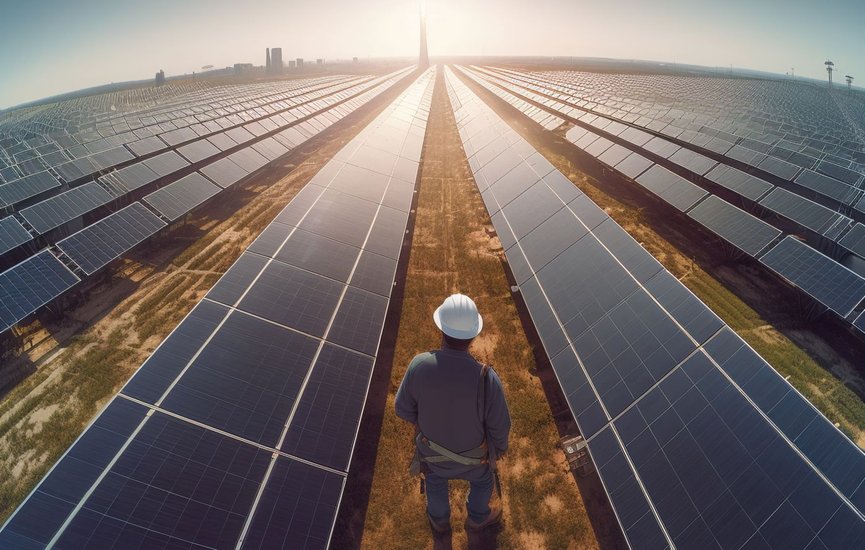Rabat – The United Nations has called on African nations to harness the economic opportunities arising from ambitious climate plans, highlighting Morocco as a key example for the region.
In a statement, the UN Framework Convention on Climate Change (UNFCCC) praised Morocco’s achievements in renewable energy, citing the vast Ouarzazate solar complex, one of the largest in the world. The UN described the project as "a positive example of how national ambition can deliver large-scale clean power."
Located on the edge of the Sahara Desert, the Ouarzazate Solar Power Station, also known as the "NOOR" complex, spans over 3,000 hectares. It is capable of powering over a million homes while reducing carbon emissions by hundreds of thousands of tons annually. The facility has become a symbol of Morocco’s commitment to renewable energy and a model for scalable clean energy production in Africa.
The recent report The Renewable Energy Investment Case for Africa recognizes Morocco’s NOOR complex as one of the continent’s most significant successes in renewable energy. It describes the solar plant as a “world-class utility-scale solar complex” and a model for attracting private investment to fuel Africa’s clean energy transition.
Simon Stiell, Executive Secretary of UN Climate Change, urged African governments to use their upcoming Nationally Determined Contributions (NDCs) to create millions of green jobs, stimulate investment, and improve living standards.
“Strong new national climate plans are blueprints for stronger economies, more jobs, and rising living standards across all African nations,” Stiell said. “Africa is not just on the frontlines of climate impacts; it is also at the forefront of solutions.”
The UN emphasized that while Africa has vast potential for renewable energy and innovation, it also faces growing threats from climate disasters. The approaching deadline for submitting updated NDCs presents an opportunity for countries to craft strategies that integrate climate action with economic growth.
The report highlights diverse initiatives across the continent. South Africa is focusing on a just transition in its energy sector, scaling up renewables while safeguarding workers and communities as it phases out coal. International partnerships have supported this transition, with investments exceeding USD 11 billion.
In Nigeria, climate action is tied to job creation and poverty alleviation. Solar projects are expected to generate tens of thousands of jobs, while the Great Green Wall initiative has already restored millions of hectares of land.
The report also points to recent climate events in Ethiopia and Zambia, which are driving new solutions across Africa, such as sustainable agriculture and clean transportation.
The UN stressed that climate finance is key to progress. Following COP29's commitment to triple climate finance to USD 300 billion annually, negotiators are working toward a roadmap to reach USD 1.3 trillion per year by 2035.
Stiell emphasized that climate finance should not be viewed as charity, but as an investment in shared prosperity. He called on countries to turn political promises into concrete plans that deliver both climate justice and economic opportunity.
